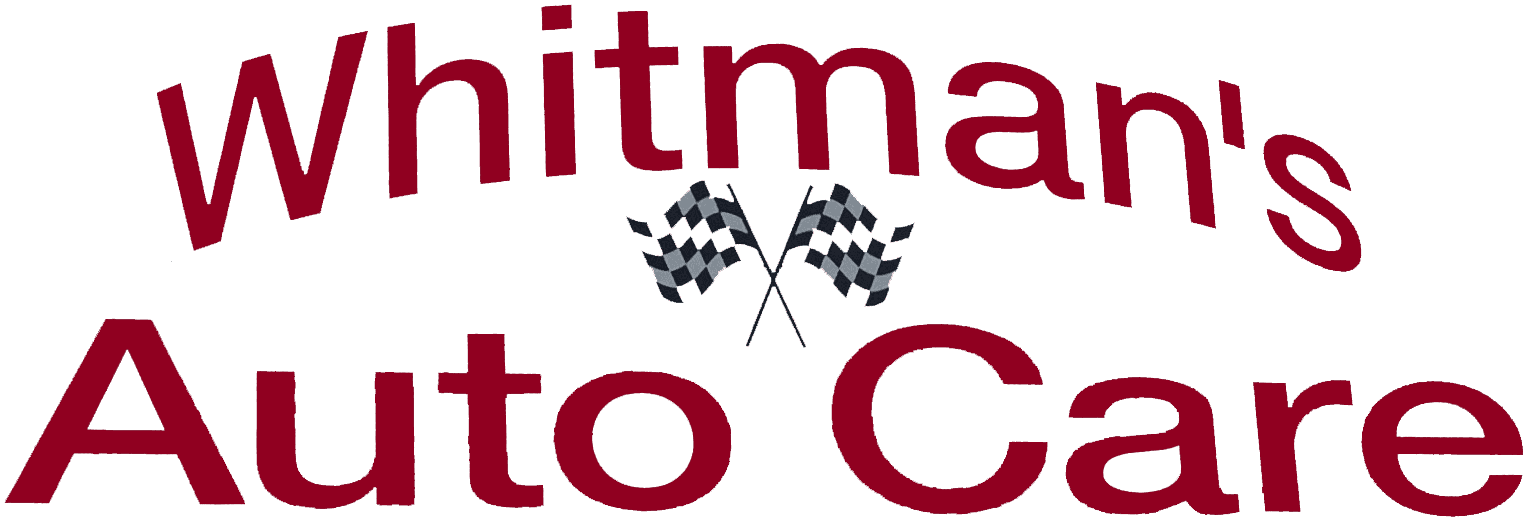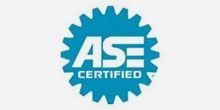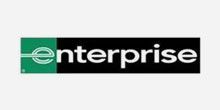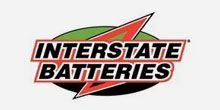Car Tech Tips
Improve Your Car’s Gas Mileage
Trust Whitman's Auto Care to help you improve your car’s mileage today. Performing the following on a car can significantly improve its fuel economy:
- O2 senor - Replacing a worn O2 sensor can improve mileage by as much as 40%
- Ignition components - A well-tuned engine can improve mileage by 4%
- Air filter - A clean air filter can improve mileage by 10%
- Motor oil - Using the correct grade oil can improve your mileage by 2%
- Tires - Properly inflated tires can improve mileage by 3.3%
These can increase gas mileage by up to more than 50%! Contact us today!
You can also visit http://fueleconomy.gov/ to learn more.
Oxides of Nitrogen (NOx)
NOx testing has become a major part of vehicle emissions testing. Knowing what causes it and how to reduce it is very important.
NOx or oxide of nitrogen is a product of nitrogen and oxygen. They are combined at high, sustained temperatures (2,500°F or more) inside an engine’s combustion chambers. It becomes a problem when it’s mixed with hydrocarbons (unburned fuel) in the lower atmosphere and forms a brown haze, also known as smog.
Different factors are involved in NOx production. Here are some others:
Engine ping - If the engine detonates (pings), it’s producing excessive NOx. As a general rule, if you correct the detonation, you fix the NOx problem.
Over-advanced ignition timing - This causes detonation, so it’s a related cause of excessive NOx. Over-advanced timing creates an early buildup of combustion chamber pressure because the spark plugs fire too soon in the compression stroke. The still-increasing pressure ignites a secondary flame front inside the chamber that collides with the flame front of normal combustion. The collision of these flame fronts is the “ping.”
Lean mixture - A lean air/fuel mixture causes a higher-than-normal temperature in the intake mixture, causing the pre-ignition that produces high NOx. Any condition that makes the engine run lean may increase NOx.
Rich mixture - A richer-than-normal mixture won’t increase NOx, because the excess fuel in the combustion process actually “cools” the combustion chamber. This high CO (carbon monoxide) level that is created will mask excessive NOx. As a result, a rich mixture condition should always be corrected before checking or addressing the NOx level.
Carbon deposits - If hot carbon deposits ignite the mixture before normal combustion begins, the resulting flame front collides with the flame front of normal combustion. The noise of this collision is pre-ignition, and as we’ve said before, pre-ignition can cause excessive NOx.
Low-octane fuel – Low-octane fuel is more likely to detonate than high-octane fuel. If you use a fuel with a lower octane level than is recommended for the engine, this can cause the detonation that produces NOx.
Fuel injectors - The altered spray patterns of dirty fuel injectors can create hot spots in combustion chambers that increase NOx. A dirty injector causes more NOx because it increases the combustion chamber temperature. Dirty injectors also reduce the NOx - lowering capability of the catalytic converter because they increase the amount of oxygen in the exhaust.
A vehicle’s emission control system reduces NOx in two ways: during pre-combustion with EGR and during post-combustion with the TWC. By injecting a small amount of exhaust gas into the intake stream, EGR reduces NOx by lowering the temperature of combustion. The TWC then uses a reduction method to lower NOx even more. (The TWC also lowers HC [hydrocarbons] and CO levels through oxidation.) When the exhaust gas leaves the tailpipe, most of it has been converted to water vapor and carbon dioxide. On a healthy engine under load, the NOx level out of the tailpipe should be 200 to 600 PPM (parts per million).
You can refer to TSB# HSN 0699-05 for more information.
Source: American Honda Motor Company
ASE Blue Seal Tech News ~ Volume 7. Summer 2001








Share On: